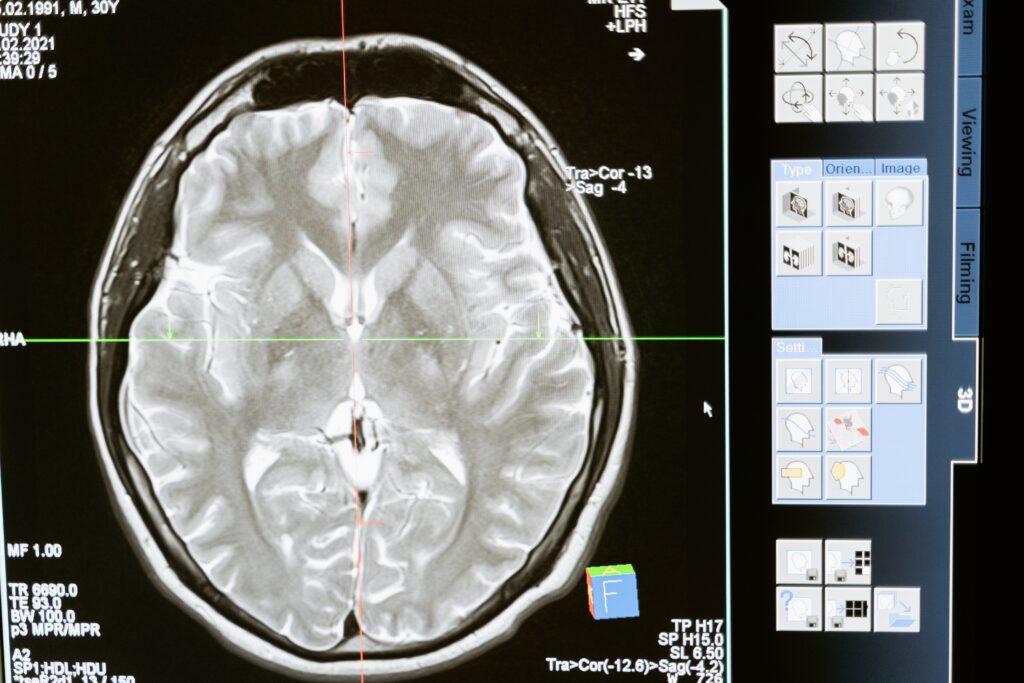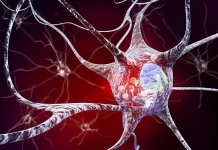Yes, in recent years, new genes have been linked to the development of Alzheimer’s disease. Alzheimer’s disease is a complex condition that likely involves multiple genes and environmental factors.

In addition to the well-known APOE gene, several other genes have been identified as being associated with increased risk for Alzheimer’s disease, including:
CLU , PICALM, CR1, BIN1, MS4A, CD33, and EPHA1
It’s important to note that the presence of these genes does not guarantee that a person will develop Alzheimer’s disease. Other factors, such as lifestyle, environment, and medical history, also play a role in determining the risk of developing Alzheimer’s disease.
However, understanding the genetic factors that contribute to Alzheimer’s disease can help researchers develop new strategies for preventing and treating this debilitating condition.
Alzheimer’s disease is a progressive neurodegenerative disorder that affects memory, thinking, and behavior. It is the most common cause of dementia in older adults.

The exact causes of Alzheimer’s disease are not fully understood, but it is believed to result from a combination of genetic, environmental, and lifestyle factors. The hallmark features of the disease are the accumulation of abnormal protein deposits in the brain, called amyloid plaques, and neurofibrillary tangles, which damage and kill brain cells.
Symptoms of Alzheimer’s disease typically begin gradually and worsen over time, affecting a person’s ability to perform everyday activities and eventually leading to complete dependence on caregivers. There is currently no cure for Alzheimer’s disease, but there are treatments and therapies available that can help manage the symptoms and improve quality of life for people with the disease.

Research into Alzheimer’s disease is ongoing, and there have been advances in understanding the underlying mechanisms of the disease and developing new treatments. It is important for people with a family history of Alzheimer’s disease to discuss their risk with a healthcare provider and to maintain a healthy lifestyle, including regular exercise, a balanced diet, and engaging in mentally stimulating activities, which may help reduce the risk of developing the disease.
Alzheimer’s disease is a progressive and degenerative brain disorder that gradually destroys a person’s memory, thinking, and ability to perform daily tasks. It is the most common cause of dementia, which is a general term for a decline in mental ability that is severe enough to interfere with daily life.
The exact cause of Alzheimer’s disease is not yet fully understood, but it is believed to be caused by a combination of genetic, environmental, and lifestyle factors. The disease is characterized by the buildup of abnormal protein deposits in the brain, including amyloid plaques and tau tangles. These deposits disrupt communication between nerve cells and eventually cause brain cells to die.
The symptoms of Alzheimer’s disease usually begin with mild memory loss and other cognitive problems, such as difficulty with language, problem-solving, and decision-making. As the disease progresses, individuals may experience confusion, disorientation, and changes in mood and behavior. In the later stages of the disease, individuals may become completely dependent on others for their care.
There is currently no cure for Alzheimer’s disease, but there are treatments available that can help manage symptoms and improve quality of life for individuals living with the disease. These treatments include medications to manage cognitive symptoms and non-drug interventions, such as occupational therapy, speech therapy, and social support. Research into the causes and potential treatments for Alzheimer’s disease is ongoing.


























